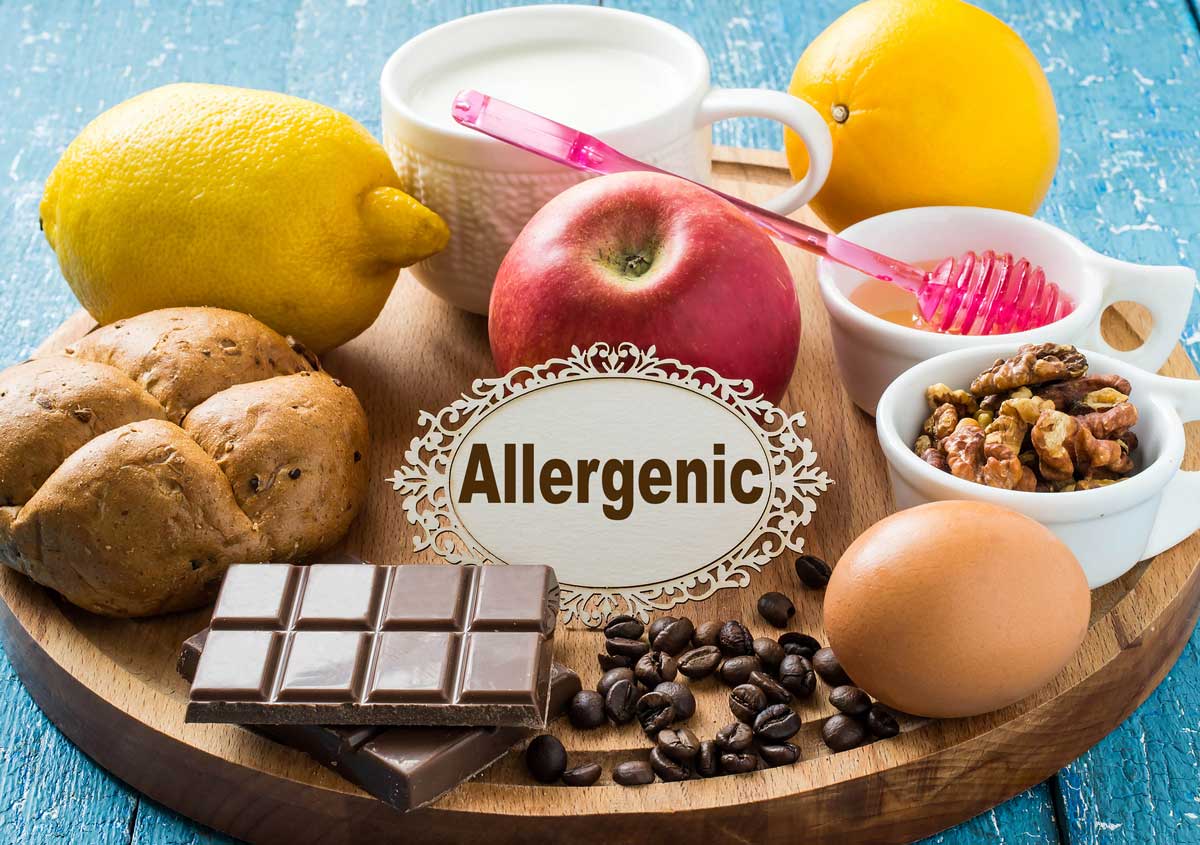Does your baby have food allergies? See a specialist in Crystal Lake.

You want to do all that you can to protect your child from unforeseen dangers. Rarely do you think that may require avoiding certain foods. The bodies of children with food allergies have a natural biological inclination to view particular foods, such as cow’s milk, as an invader. In response to the introduction of this invader, the immune system goes into “attack mode.” This may involve the production of protein call IgE or another systemic response that leads to a reaction.
Symptoms of food allergies
A baby or child who suffers from food allergies may develop symptoms such as burning, itching, or tingling in the mouth, hives, itching in the ears, or difficulty breathing. These may occur very quickly after ingesting a trigger food, or a few hours later. Depending on the severity of the reaction, it may be necessary to obtain immediate medical attention.
Often, food allergies cause subtle, less dangerous symptoms, such as diarrhea, vomiting, or eczema. At Advanced Allergy and Asthma Associates, families from Crystal Lake, Elgin and environs can get the help they need to confirm whether symptoms are, caused by a food allergy, and if so, the support they need in managing the allergy.
Babies can have food allergies
Although not as common as childhood food allergies, it is possible for infants to demonstrate sensitivity to food. This may be cow’s milk, soy, or even the proteins in mother’s breast milk. This type of food allergy is called food protein-induced enterocolitis syndrome, or FPIES. Fortunately, this type of allergy is fairly rare, and it may be confused with a simple allergy to cow’s milk due to the fact that traces of cow’s milk proteins can be found in breast milk if Mom is a milk-drinker. Babies who display signs of gastrointestinal upset after eating baby food may have a sensitivity to rice or oats, according to experts.
What to do for your child
If you suspect that your child may have a food allergy, the best thing to do is to talk with your doctor. If necessary, specialty care may be obtained. By working with an allergist, you can discover which foods may be compromising your child’s comfort, and what you can do about it.
We are happy to help you take the best possible care of a child with food allergies. Give us a call today.
Share this Article
Back to Food Allergies Page








